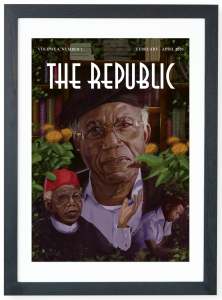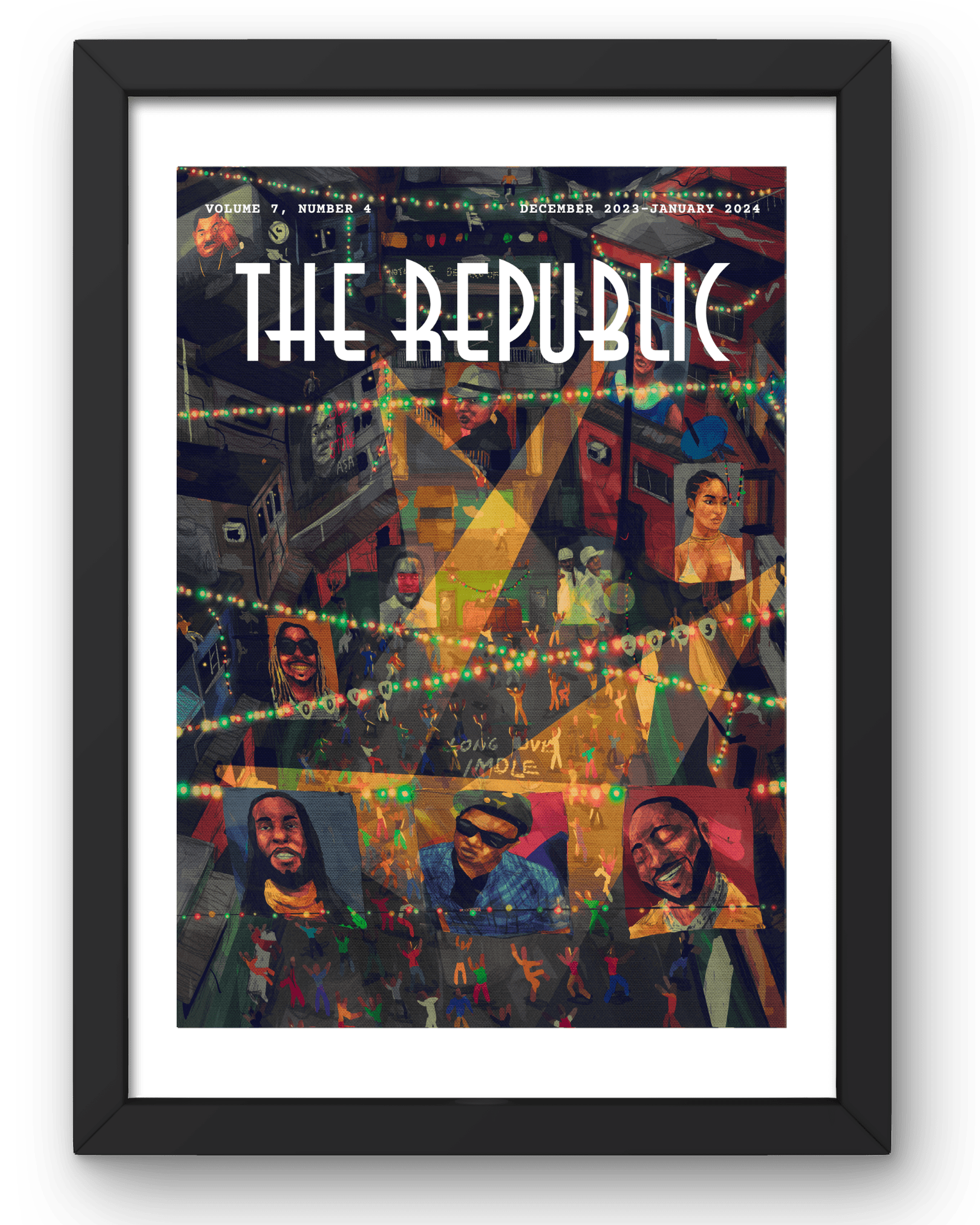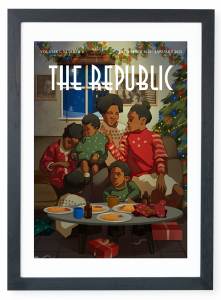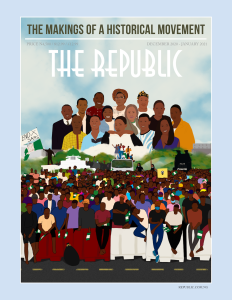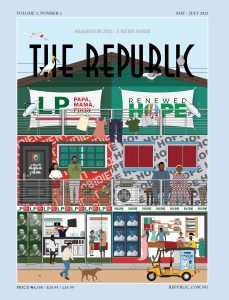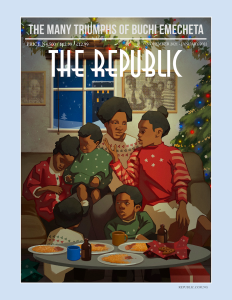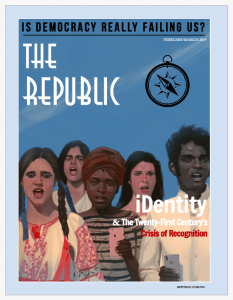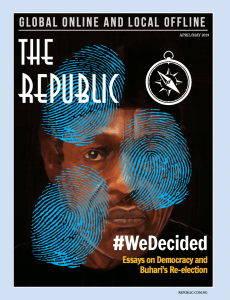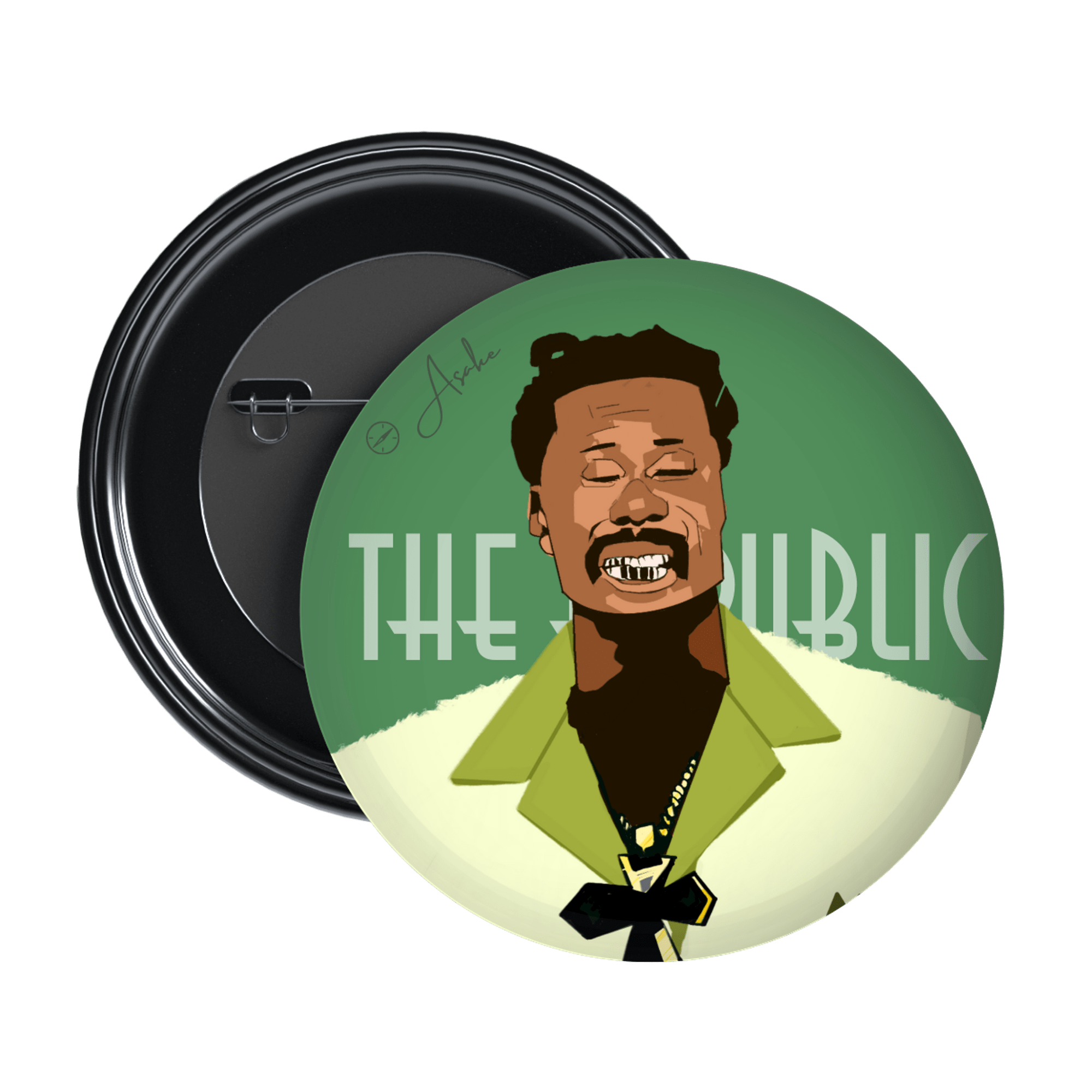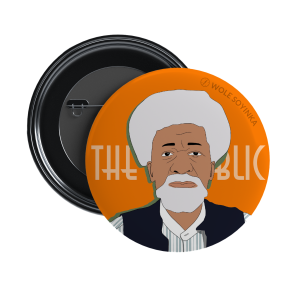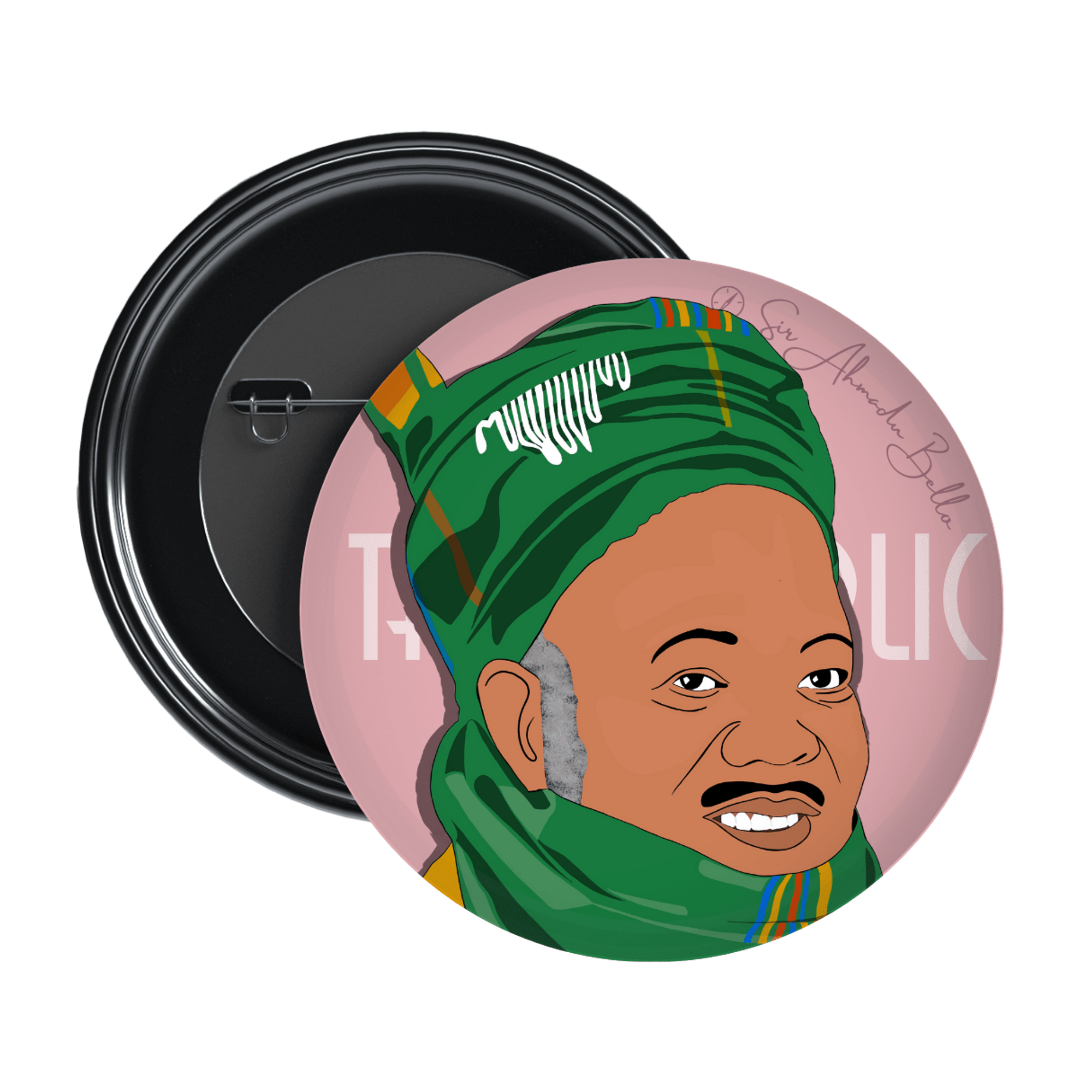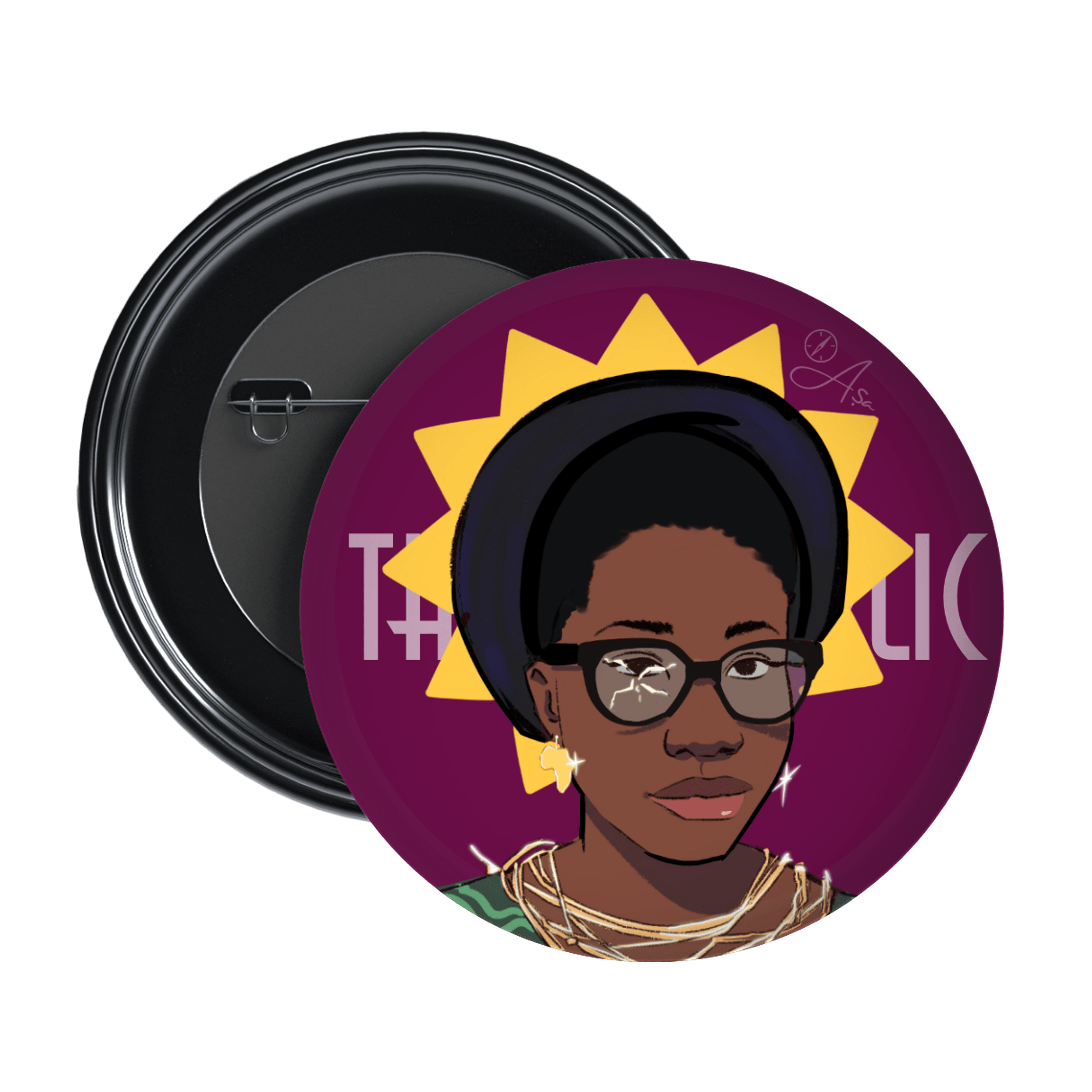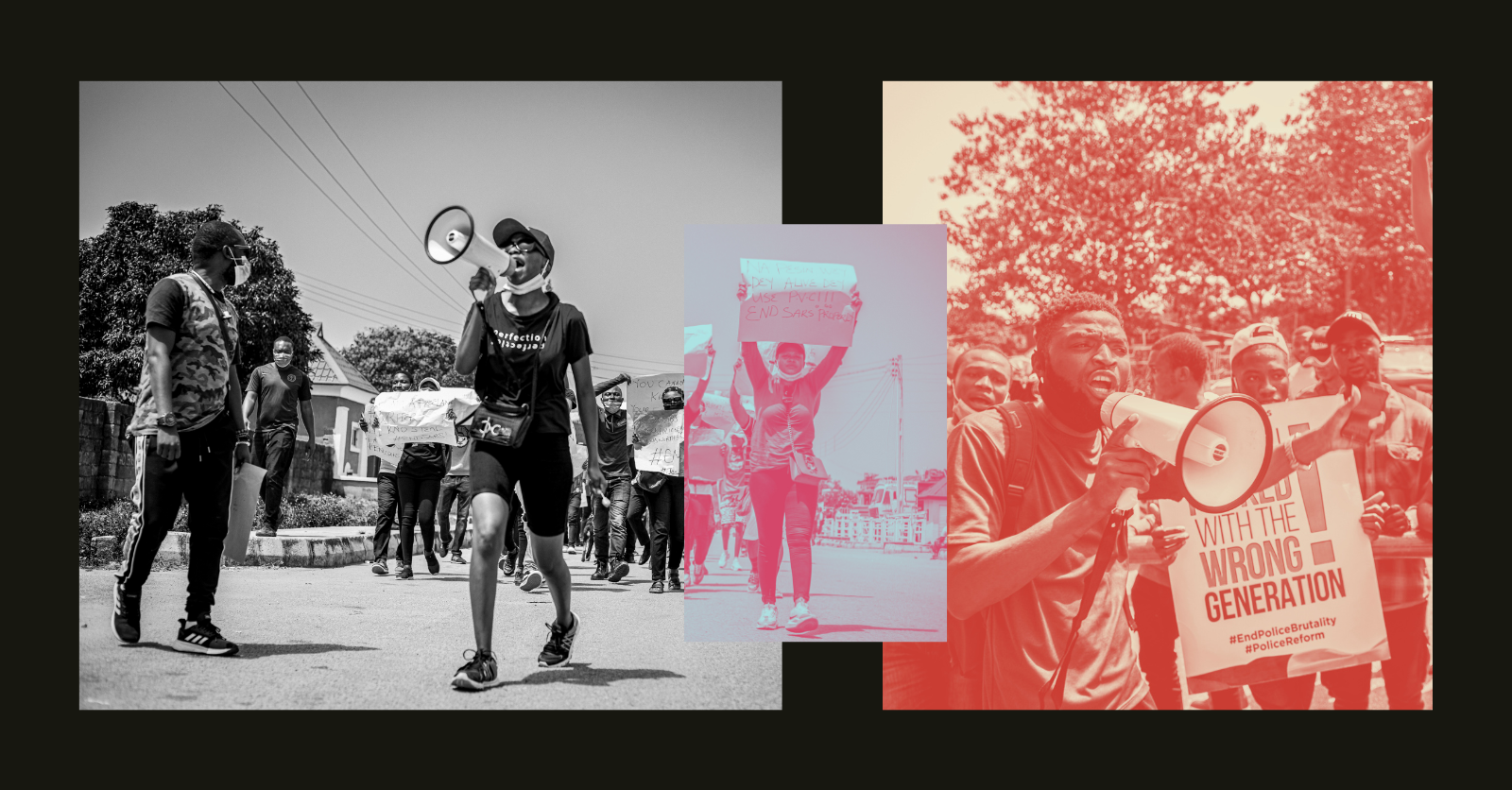
#EndSars Protest. Photo Credit: Jerry Jallo for Heinrich-Böll-Stiftung / FLICKR. Collage by THE REPUBLIC.
the ministry of POLITICS X SECURITY
Nigeria Now and the Art of Protest

#EndSars Protest. Photo Credit: Jerry Jallo for Heinrich-Böll-Stiftung / FLICKR. Collage by THE REPUBLIC.
the ministry of POLITICS X SECURITY
Nigeria Now and the Art of Protest
It is a mockery of the concerns of the masses when supporters of Nigeria’s ruling party, the All Progressives Congress [APC], engage in organized protest, not against the government, which is within their rights to, but against opposition figures, who have no administrative responsibility towards those protesting. Yet, at various points in 2023—which had all the tensions that come with an election year—pro-Bola Ahmed Tinubu (at the time, the president-elect) supporters staged demonstrations against major opposition candidates, Atiku Abubakar and Peter Obi. The demonstrators affirmed their national leader, Tinubu, won the election. They also suggested that Atiku should retire from politics and claimed that ‘Obidients’ (supporters of Obi) made the election a smooth ride for their candidate. How these became protest demands is inexplicable. After all, they believed their candidate won the election. Even more jarring, this group of supporters went on to put ‘the nation on notice that no one will be allowed to intimidate the Nigerian judiciary any longer’.
POWER AND PROTESTS
The question is not whether the judiciary could be intimidated or not, or whether some people, in decrying the conduct of the elections, did right by doxing the presidential election tribunal judges and their families (for the avoidance of doubt; that was completely wrong). However, the media played into the hands of charlatans by referring to the pro-Tinubu marchers as ‘protesters’ or their fatuous parade as a ‘protest’. At the time, the government of the APC had been in power for the past eight years and will be extending (has extended) its administration through Tinubu. Of the ten Supreme Court justices then, seven were appointed by the former president, APC’s Muhammadu Buhari.
The argument here is not that pro-government supporters cannot engage in public demonstrations to air their grievances. Everyone has an inalienable right to self-expression. However, words have meanings, and when a demonstration is called a ‘protest’, it carries implicit assumptions. Even if the demonstrators think of themselves as protesting, the media should not be found propagating such an idea.
There was a similar incident later in July 2023, when another pro-government group converged at the National Assembly complex to express solidarity with the president over the hike in fuel prices. If you organize a solidarity march and call it a ‘protest’, who or what are you ‘protesting’ against? And what are the demands of such a protest? What exactly makes a protest a protest?
shop the republic
In my opinion, there are two factors: power asymmetry and the presence of a threat. Taken in its most literal sense, a protest is an expression of objection, although the term is mostly associated with the public demonstration of an objection towards authority. To avoid any confusion, my major concern here is protests as public demonstrations. They come in various forms, including civil disobedience, strikes, marches and rallies, sit-ins, posters, hunger strikes, songs, vigils, and more. Sometimes they get violent and involve unjustifiable acts such as riots, looting, and vandalism.
Across these forms, it is noticeable that protests are directed towards authority by people who are less powerful in society. I’m tempted to refer to the two parties as ‘the powerful’ and ‘the powerless’ respectively, but that would be inaccurate. Power asymmetry is not just vertical; it can be horizontal too since it means a mismatch of power between two parties. A protest aims to draw attention to this asymmetry wherever the authority responsible for doing something is slacking in its duties.
shop the republic
The second factor, and a far more important one, is that of threat. When individuals in any society feel threatened by the actions or inactions of those who occupy positions of authority, they tend to want to find an outlet for the threat. The most pragmatic way to do so, while ensuring that the issues that caused the threats are resolved, is to direct the pressure towards the leaders who are responsible for causing change. It is, therefore, no surprise that advocacy groups are referred to as ‘pressure groups’; that, in my opinion, is an apt term.
Ultimately, protesters want their oppressors to feel shame. Due to the power asymmetry between the oppressor and the oppressed, the latter can’t pressurize the former to such measure as they have endured, but they can try to apply just enough pressure to make the oppressor feel shame. Hence, protests thrive on as much visibility as possible, with protesters applying moral pressure on the authorities to compel them to take responsibility.
One way those in authority feel shame is through reputation loss. The more a protest lingers, the higher the reputation loss. At the very least, the individuals in authority feel shame at their inability to keep society organized and compel the protesters to sheathe their swords. So, less conscientious leaders are inclined to respond with even more threat or force, and swiftly. For instance, at virtually every inkling of a major protest by people who are aggrieved by government decisions, the Nigerian police force mounts heavy-duty vehicles and deploy officers on the roads with sophisticated firearms, ready to harass peaceful protesters. For pro-government demonstrators, there is nothing of such and there is even no need for such, since their grievances are not directed towards the authority and so the leaders don’t experience shame. It is an empty movement. Hence, protests are not threats for the sake of threats only; they are meant to force the government to feel shame. Unfortunately, leaders sometimes act flagrantly, choosing instead to damn the consequences. Yet, that is exactly the path that leads to a complete breakdown of law and order as things get out of hand very quickly.
shop the republic
When protest broke out in Minna, capital of Niger State, in February 2024 over increasingly stifling economic conditions, the Nigerian police arrested 25 people, including Aisha Jibrin, who initiated the women and youth-led protest. In its statement, the police referred to the protesters as ‘miscreants’, claiming to have used minimum force to disperse the protesters who eventually turned violent. It is incomprehensible, in the first place, to ask why protesters should be forcefully dispersed when demonstrating peacefully. The national leadership of the ruling APC attempted to manipulate the narrative by claiming that the protests were sponsored by members of the opposition party. A statement by the party’s spokesperson, Felix Morka, read, ‘In its arrant desperation to portray the APC-led administration as under-performing, opposition parties have resorted to instigating unsuspecting young people to protests in the streets of some major cities.’
In what appears as an attempt to make Nigerians certain that his administration wasn’t mincing words about its disdainful view of Nigerians, President Tinubu, while launching the Lagos Red Line train project decided to throw jabs at organized labour, following the latest protests by the Nigerian Labour Congress (NLC) and the Trade Union Congress (TUC).
‘If you want to participate in the electoral process,’ the President said, ‘wait till 2027’. Employing the same rhetoric as his party’s spokesperson: the protests are not genuine; they are sponsored by opposition candidates and parties. The president seemed more concerned about the fact that the labour unions had engaged in four rounds of industrial action within the first nine months (now eleven) of his administration rather than the fact that living conditions have worsened since he took power. It did not look better when the NLC president, Joe Ajaero, alleged on the same day that the union’s nationwide protest was abruptly suspended due to intimidation and threats from the government.
Meanwhile, a group of Tinubu supporters staged a counter-demonstration in Abuja the previous day, at the same time the NLC had its demonstrations across the country. According to news reports, inscriptions on their placards included ‘With Bola Ahmed Tinubu, Nigeria would be great again’, ‘Subsidy cabals are sponsoring protests against the government’, and more. Is that truly a protest? Solidarity marches are the best descriptions, and they mock genuine protesters when the media reinforces the false narrative of protest.
Less than a year in office, Tinubu’s administration has made clear that it prioritizes charlatans who ‘protest’ in its support over people challenging the government through public demonstrations within the ambits of the law. Is this how to lead a government?⎈




